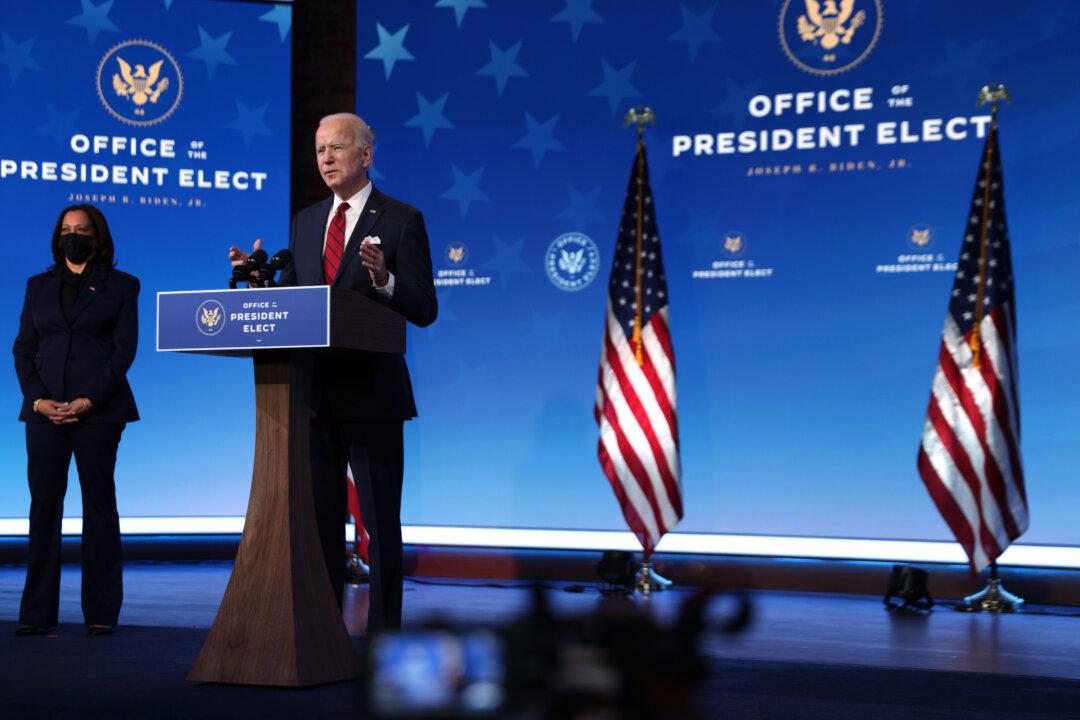Commentary
In the new year, the Chinese Communist Party (CCP) has taken several actions to openly provoke conflict—in an attempt to pressure the incoming Biden administration.

In the new year, the Chinese Communist Party (CCP) has taken several actions to openly provoke conflict—in an attempt to pressure the incoming Biden administration.